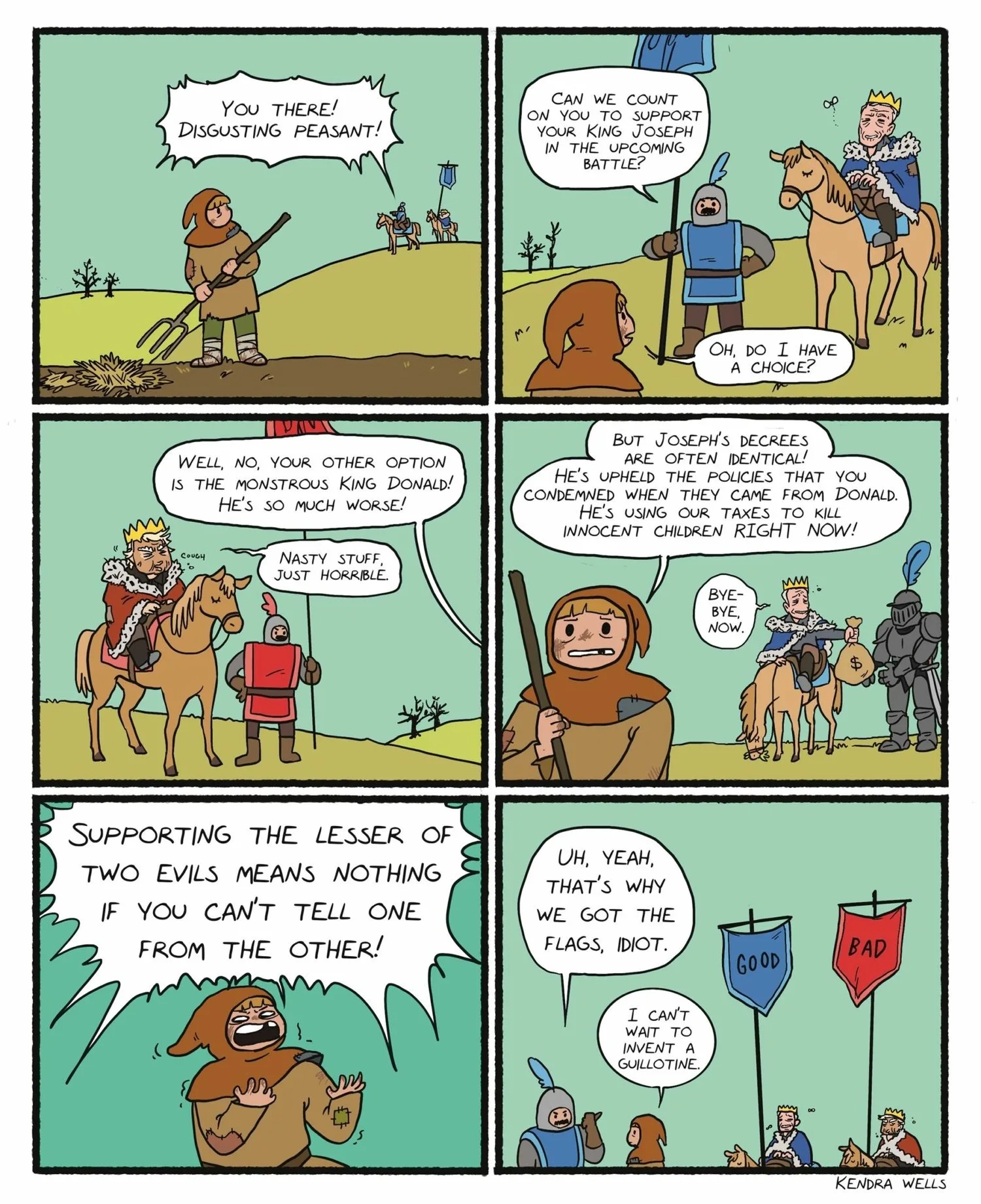Thanks, that helps a lot.
mambabasa
joined 1 year ago
MODERATOR OF
Probably not
I stopped getting pimples when I stopped dairy. It's not just the lactose intolerance. It's just generally bad for us.
Yeah, eating meat should be worse for health than soy, that's what I intuitively know as well.
Yeah that's a good point.
Good idea thanks
Oh hey thanks for this! This is pretty comprehensive!
Thanks for this!
Thanks! This is helpful.
20
Free book until April 4: The Anarchist Turn in Twenty-First Century Leftwing Activism
(www.cambridge.org)





I don't have a source because I'm asking the question so I don't know...